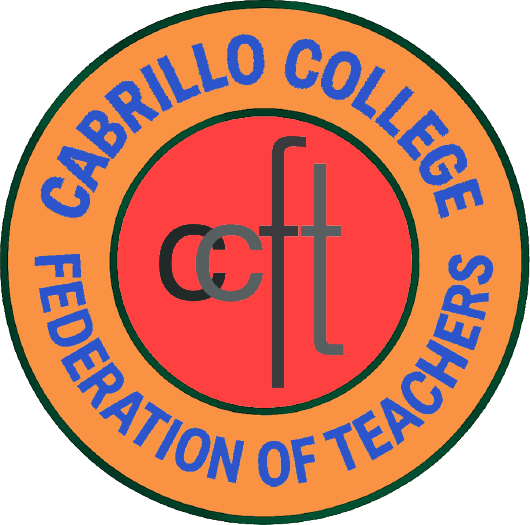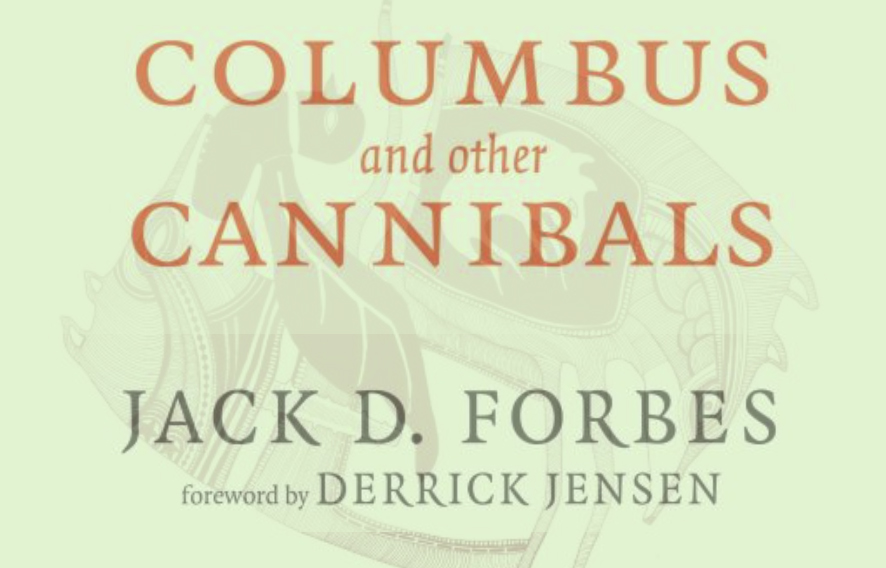Reviewed by: Martin Garcia, English Faculty and CCFT Communications Director
I have heard it said by at least a few Native Americans that our current historical moment is the “greatest time in the last 100 years to be an Indian.” And I think that it’s true! So many people have come to see and recognize the beauty and timely necessity of indigenous knowledge, in these times of climate change and spiritual bankruptcy. Moreover, so many have come to denounce the invisibilization of indigenous people across the Western Hemisphere but most particularly here in North America. There is genuine outrage about the many Mission abuses, boarding schools, and overlooked massacres that largely go undocumented in our public education system. Many are bearing witness to the struggles of water warriors fighting against the implementation of the Dakota Access Pipeline, activists fighting back against the phenomenon of missing and murdered indigenous women in and around reservations, and defenders of sacred and indigenous land everywhere. Yet, the process of beginning to learn about indigneous culture and history can certainly be intimidating.
I would personally recommend Jack D. Forbes’ masterpiece Columbus and Other Cannibals as one way to learn more about the beautiful culture and legacy of indigenous nations. In this work, Forbes gives a wide-ranging overview of various indigenous cultures and the wisdom to be found from the Lakota, Yaqui, Powahatan, Pawnee and many more. Whereas I certainly don’t wish to be overly reductive, I would say that the book makes a general progression which begins with the idea of the cannibal/wétiko and ends with the practice of kinship/k’é. The idea of the cannibal is one typically associated with savages of the uncivilized world who eat the flesh of other humans. Forbes, however, uses this term as a metaphor for those who “consume another’s life for one’s own private purpose or profit.” The Cree refer to such cannibals as wétikos and considered the condition an illness that most particularly speaks to the ravages conducted by land-hungry settler-colonials of the past. Forbes reinterprets the phenomenon of wétikoism/wétikowatesewin for our times to not only highlight the dispossession, enslavement, and murder of others, but exploitation and greed in general. Our experience of the wétiko illness, Forbes asserts, is a fundamental organizing feature of Western/European civilization.
In contrast to wétikowatesewin is the idea of kinship, or what the Navajo call k’é. Kinship speaks to positive feelings and attachments to others, not towards only one’s own family or tribal band but to the winged and four-legged creatures as well as plants, rivers, and the planet at large. There is a healing power in the earth and a strong sense of rootedness and belonging that comes with such practices of kinship. In the West, indigenous reverence for nature has often been derided as “animism” but, as Forbes observes, the spirit of animism would perhaps more properly be represented by the term life-ism. Indigneous peoples across the hemisphere and globe share a deep and profound respect and attachment to the life-sustaining and -enriching properties of nature and in particular the four elements of earth, wind, water, and fire. Life is something to be revered and celebrated at all times. “Life is water,” as elders and young activists steadily remind us. In his differentiation between the egocentric wétiko and the interconnecting ethos of k’é, Jack Forbes provides an invigorating representation of indigenous thought that I highly recommend to any and all colleagues wishing to learn more about those original nations who populated and stewarded these lands for millennia and whose wisdom can help us today.








